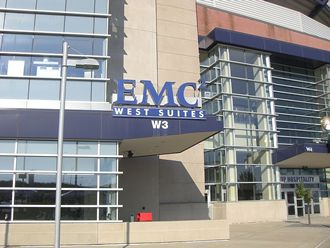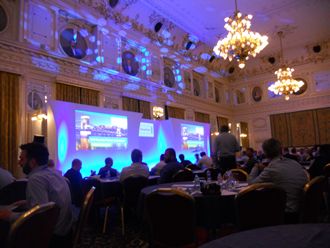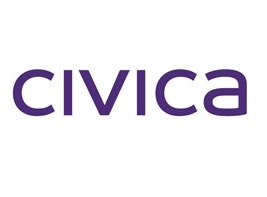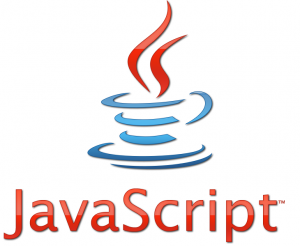 Dell EMC has announced WWT was a partner who would be heading to its new exclusive titanium black status.
Dell EMC has announced WWT was a partner who would be heading to its new exclusive titanium black status.
The vendor had already revealed in October that there would be would have three main levels: titanium, platinum and gold, with something called titanium black.
Those who were platinum partners would be eligible to go for the Titanium Black level and it appears that World Wide Technology (WWT) has been given the chance to be the first.
Dell said that WWT was one of a select number of companies to be awarded Titanium Black status in the updated DellEMC partner programme.
“This new, highly exclusive status is an extension of the Titanium Tier within the Dell EMC Partner Program and will apply globally to all entities under the CDW banner.”
Needless to say, Bob Olwig, vice president of business development and innovation at WWT was chuffed.
“We established this strategic partnership to provide enterprise customers with hands-on access to Dell EMC technology for private and hybrid cloud, storage, data protection and availability, converged infrastructure, big data analytics, security and the Internet of Things,” Olwig said.
John Byrne, president, Dell EMC global channels, is hoping that the Titanium Black level was the best of the best. Partners with Titanium Black status had to place a big bet on Dell EMC.
“They’re going above and beyond. They’re investing heavily in us and we are returning the investment in them so they can continue to achieve the extraordinary,” he wrote in a pre-Christmas blog post.
“Titanium Black provides a rare and distinctive opportunity far and above what partners have experienced anywhere in the industry Together, through the Dell EMC Partner Program, Dell EMC and our partners will attack the market—with our Titanium Black partners leading the way. We’ll deliver incredible transformation for our customers. We’ll be the channel to watch,” Byrne said.

















